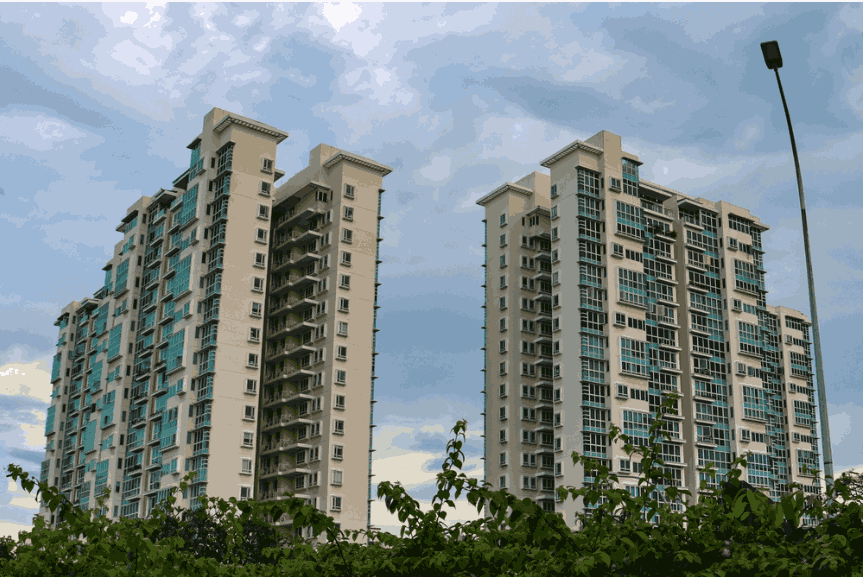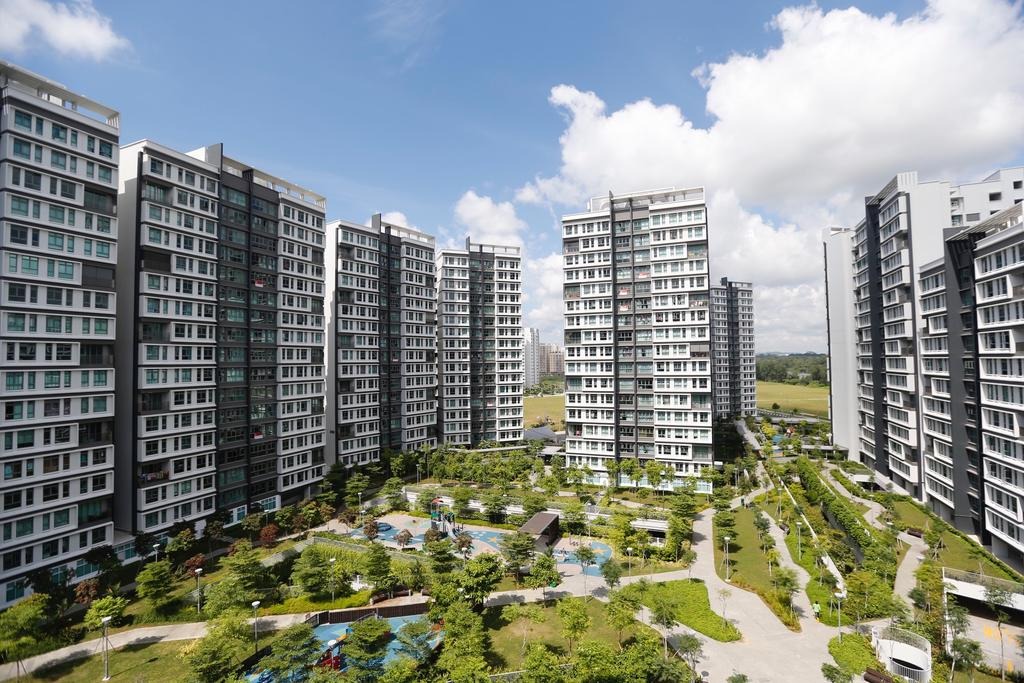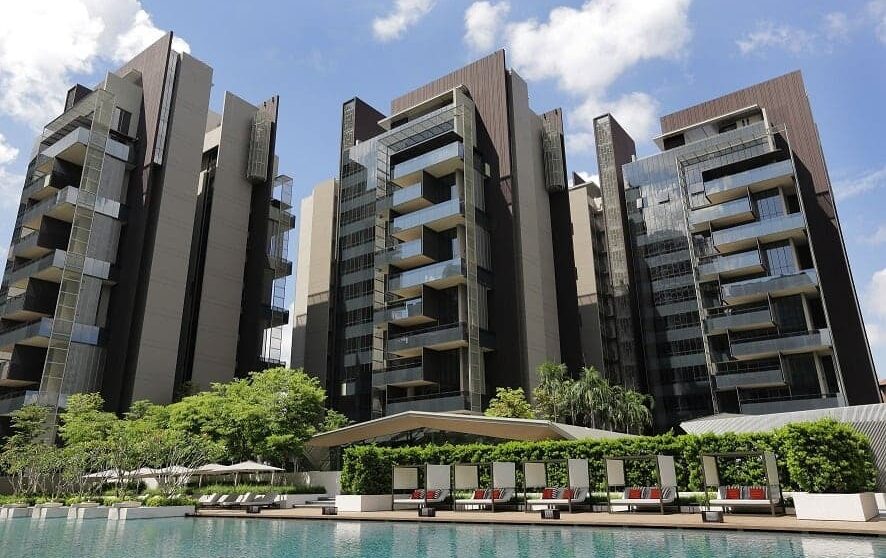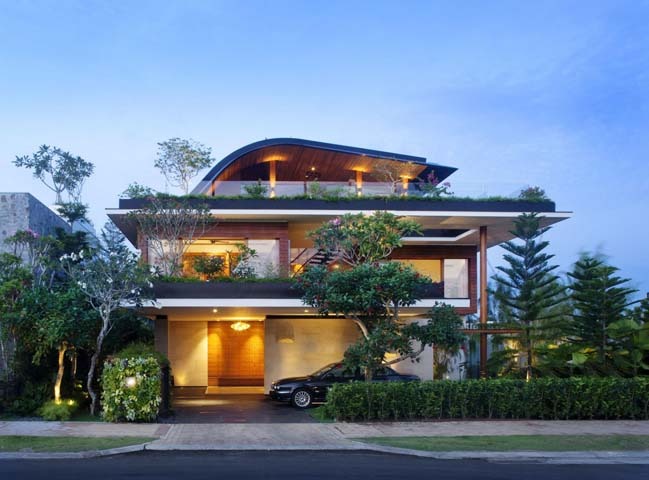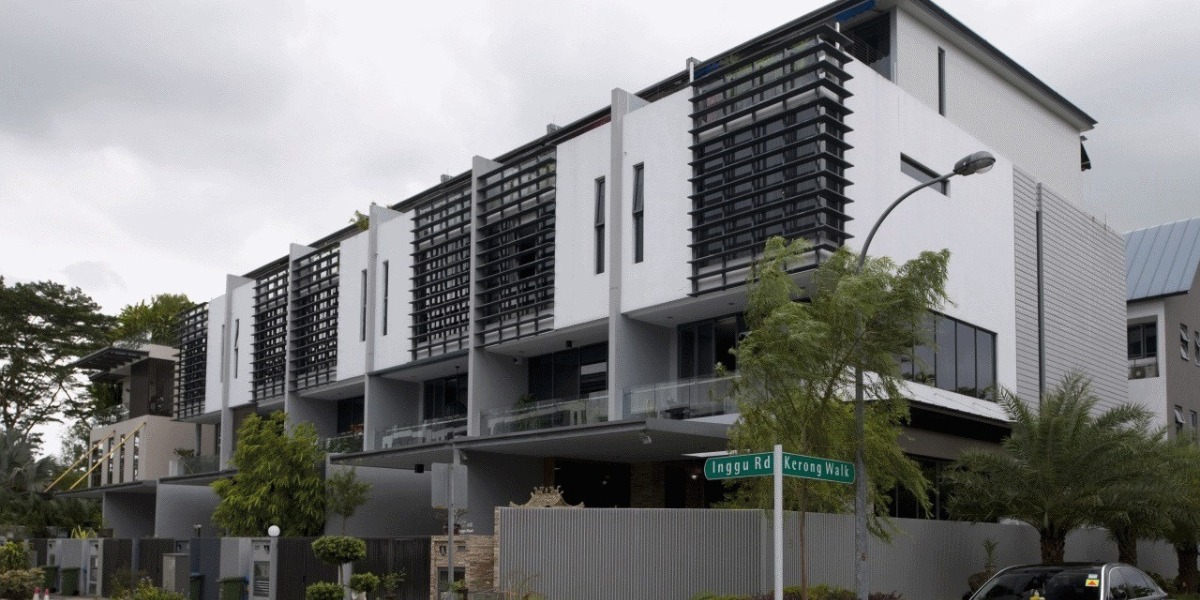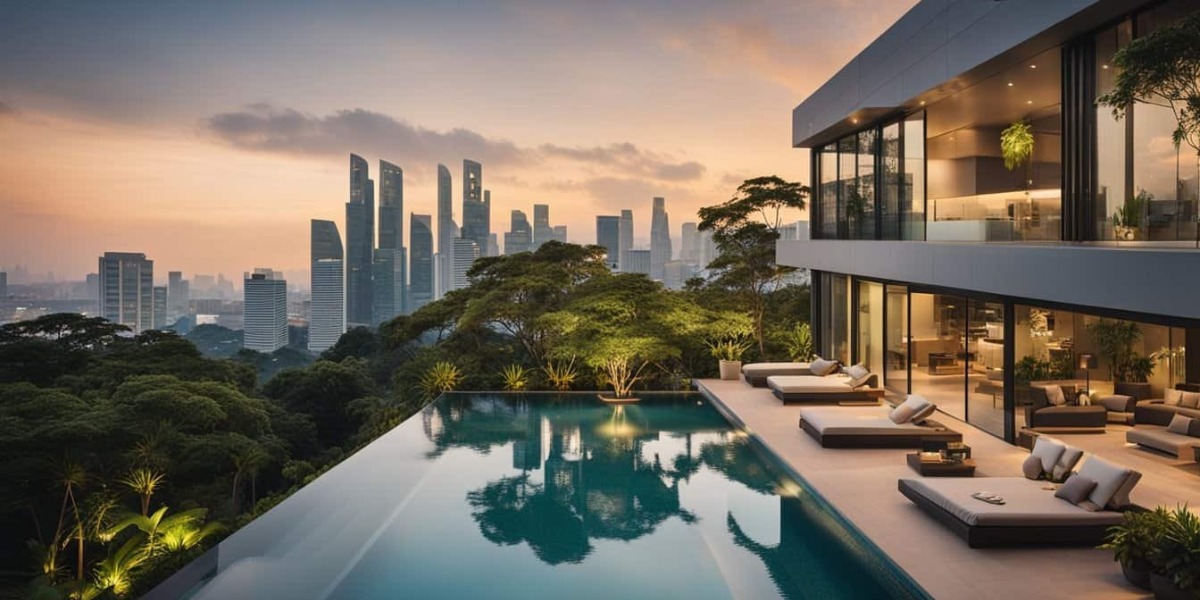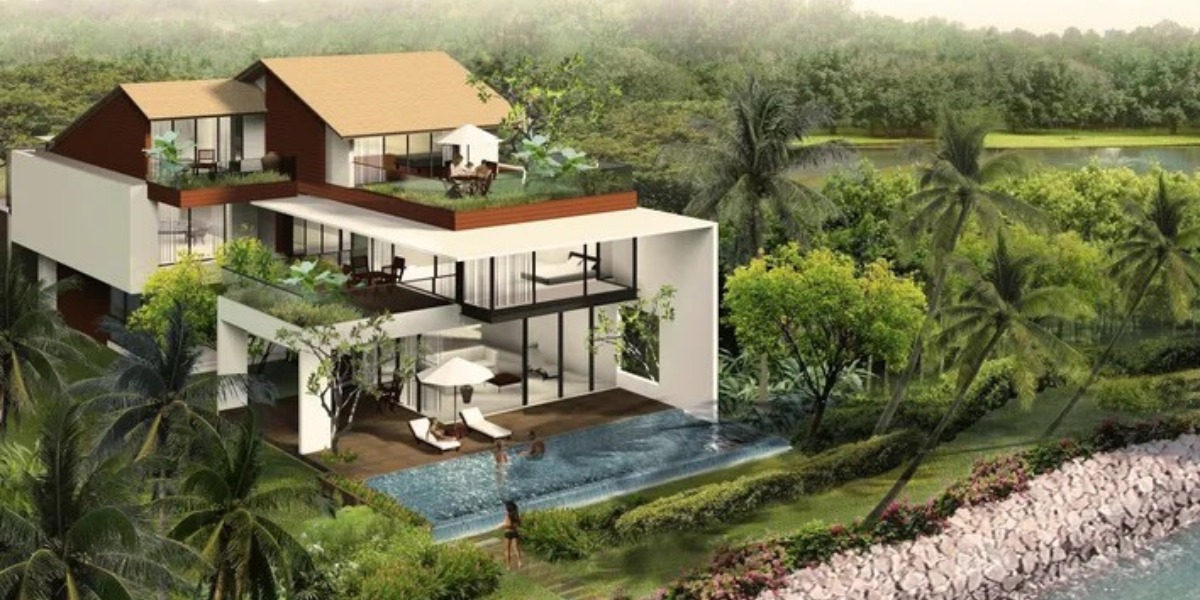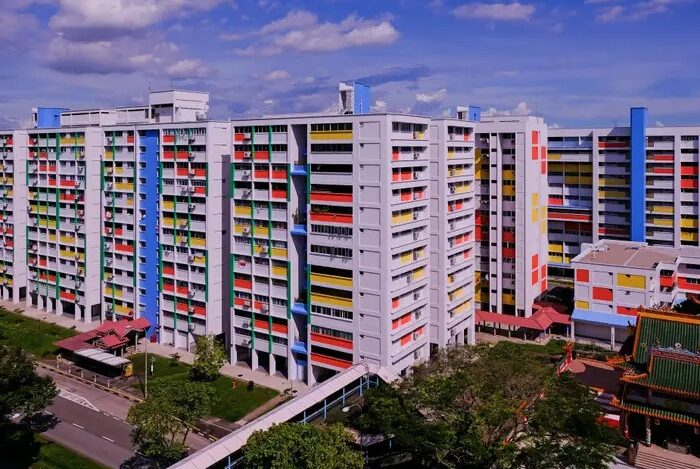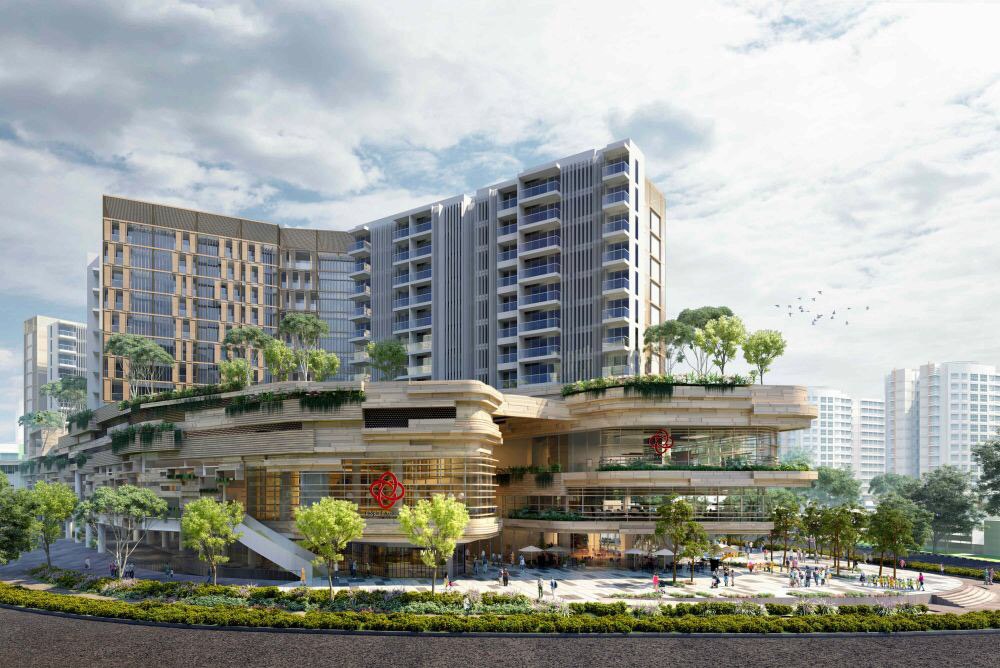Singapore’s Silicon Valley – One North
Singapore’s one-north district stands as a testament to the nation’s commitment to innovation and high-tech industries. Conceived in the early 2000s by JTC Corporation, this sprawling hub encompasses eight distinct precincts, each tailored to foster collaboration and growth in sectors like biomedical sciences, information and communications technology (ICT), and media. Unlike traditional business parks dedicated to single industries, one-north thrives on a dynamic ecosystem that encourages cross-sector synergy—a crucial element for research and knowledge-driven enterprises. Over the past two decades, the Singapore government has consistently allocated about 1% of its GDP annually to research and development (R&D). This unwavering investment has borne fruit, with one-north evolving into a vibrant community of over 400 leading companies and 800 start-ups, collectively employing around 50,000 knowledge workers. The district has attracted upwards of $8 billion in investments, solidifying its reputation as a burgeoning “Silicon Valley” of the East.ERA A prime example of one-north’s success is Biopolis, the district’s inaugural cluster dedicated to biomedical R&D. Serving as a collaborative platform for both private and public scientific communities, Biopolis houses research institutes and laboratories for pharmaceutical and biotech companies. Notably, Wilmar International established its global headquarters here, and in 2014, Procter & Gamble unveiled a $250 million innovation center within the precinct. The recent completion of Biopolis Phase 6, known as Elementum, in December 2023, adds a 12-storey facility offering semi- and fully-furnished laboratories, catering to the growing demand from smaller firms seeking ready-to-use research spaces. Beyond its role as a research hub, one-north embodies the “work-live-play-learn” philosophy. The Wessex Estate, for instance, provides housing options, including conserved black-and-white bungalows, for professionals working in the vicinity. The district also boasts co-living spaces, serviced apartments, hotels, and condominiums, fostering a sense of community among its diverse inhabitants. Educational institutions like INSEAD Asia Campus, ESSEC Business School, and Unilever’s training center at Nepal Hill further enrich the “learn” component of this integrated ecosystem One-north exemplifies Singapore’s strategic vision of nurturing a knowledge-based economy. By seamlessly integrating research, business, residential, and educational facilities, it has cultivated an environment where innovation flourishes, and enterprises thrive. As it continues to evolve, one-north stands poised to reinforce its position as a pivotal player in the global high-tech and innovation landscape Biomedical, sciences and research Biopolis was the first precinct to take shape in one-north, and it set the stage for the district’s reputation as a hub for biomedical research and development. Designed to foster collaboration between the private and public sectors, it houses research institutes and labs for pharmaceutical and biotech companies, making it a key player in Singapore’s life sciences scene. Beyond just big-name corporations, Biopolis also caters to specialised research institutes focused on areas like neuroscience, immunology, and pre-clinical trials. It’s no surprise that global heavyweights have made their home here—Wilmar International set up its global HQ in Biopolis, and in 2014, Procter & Gamble pumped $250 million into its innovation centre within the precinct. The latest addition to this ecosystem is Biopolis Phase 6 (Elementum), completed in December 2023. This 12-storey biomedical science facility offers both semi- and fully-furnished labs, addressing the growing demand for ready-to-use research spaces. This setup is especially beneficial for smaller firms working in the supply chain of MNCs, allowing them to be in close proximity for seamless collaboration. While Biopolis is the go-to hub for biomedical sciences, Fusionopolis serves as the nerve centre for ICT, physical sciences, and engineering R&D. It’s home to a mix of organisations, high-tech firms, and government agencies, including Linden Research (the creators of the 3D virtual world Second Life), Thales Technology Centre, A*STAR, and the Info-communications Media Development Authority (IMDA). Gaming hardware giant Razer has also established its SEA headquarters here, cementing Fusionopolis as a key innovation hub beyond just life sciences. Corporate HQ and Start Up Central Mediapolis is the beating heart of Singapore’s infocomm and media scene. It’s home to major production studios, including Mediacorp Campus and Infinite Studios, a massive 1.2-hectare soundstage facility. The district also features ALICE@Mediapolis, a privately developed smart business park designed for start-ups and established media firms looking for a dynamic and sustainable workspace. Right across from Mediapolis sits Grab’s massive 9-storey headquarters. Spanning over 42,000 square metres, the Grab HQ houses around 3,000 employees, a cutting-edge R&D centre, and the first-ever GrabMerchant centre—a dedicated space to support Grab’s growing network of business partners. Just next door, LaunchPad and Ayer Rajah have established themselves as the go-to precincts for start-ups, incubators, and companies in emerging industries. LaunchPad, often called the cradle of Singapore’s start-up scene, was designed as a testing ground for new ideas. The concept of clustering similar businesses together fosters a highly collaborative environment, allowing entrepreneurs to share resources, connect with ecosystem partners, and scale up faster. The results speak for themselves—some of Singapore’s biggest start-up success stories, including Carousell, 99 Group, ShopBack, and IglooHome, all took off from LaunchPad. With a thriving mix of start-ups, venture capitalists, and accelerators, it remains one of the best places in Singapore to turn an idea into reality. Institutes of Higher Learning The one-north precinct is well-connected by two MRT stations—Buona Vista and one-north, making it easy to get around. Surrounding these stations, as well as key areas like Biopolis, Media Circle, and Rochester Park, you’ll find a variety of amenities catering to both professionals and residents. Education and innovation go hand in hand at one-north, thanks to its proximity to top institutions like the National University of Singapore (NUS) and Singapore Polytechnic. With a strong emphasis on knowledge-sharing and collaboration, businesses—especially those in R&D—can easily tap into talent, research, and expertise from these institutions. This close-knit ecosystem fosters industrial-academia partnerships, helping companies stay ahead in innovation while providing students and researchers with real-world industry exposure. Singapore Science Park Nestled within the greater one-north district, Singapore Science Park is a key hub for R&D, biomedical sciences, and tech innovation. Home to over 350 multinational corporations, companies, and research labs, it’s one of Asia’s most prestigious addresses for cutting-edge industries. Its strategic

